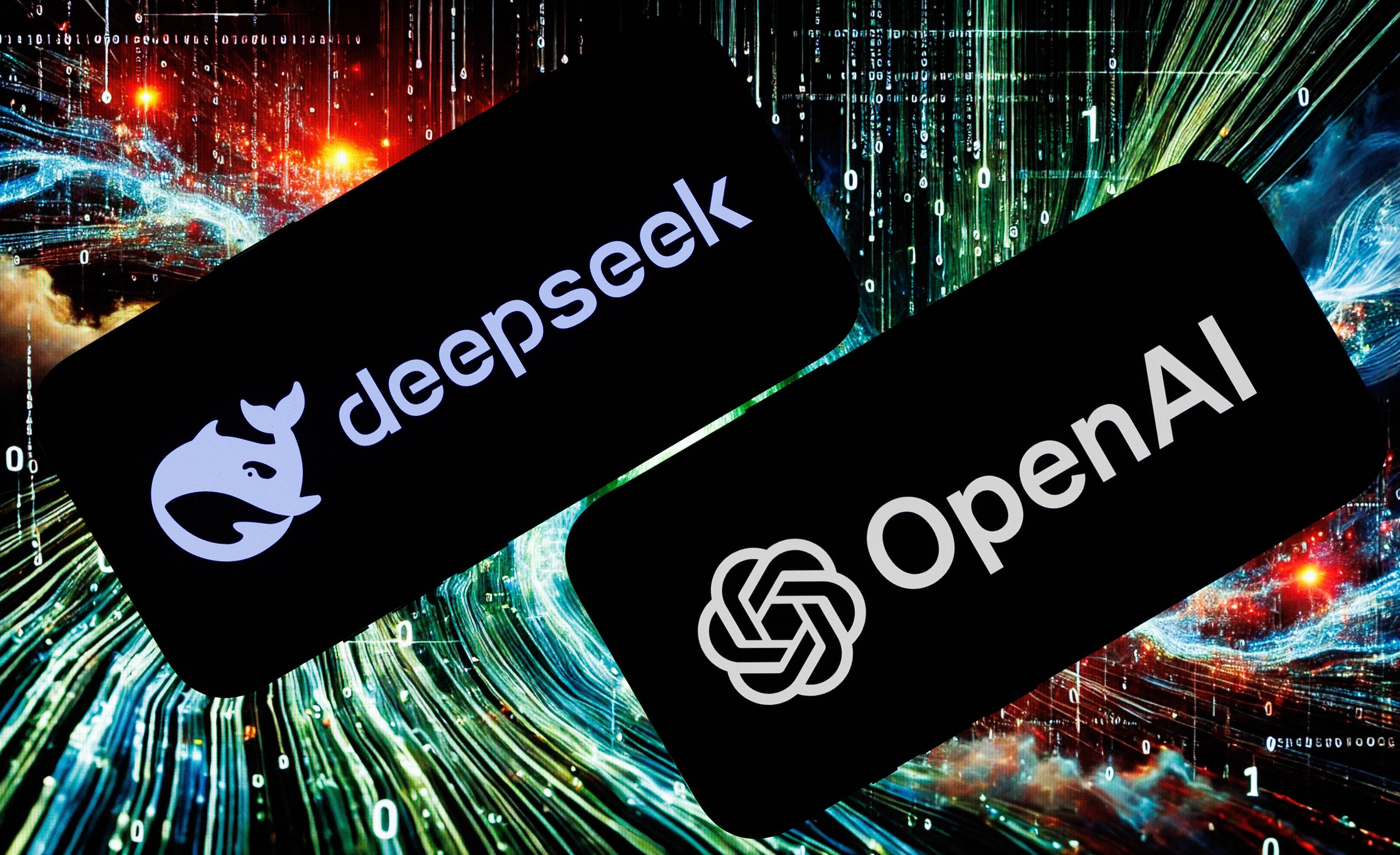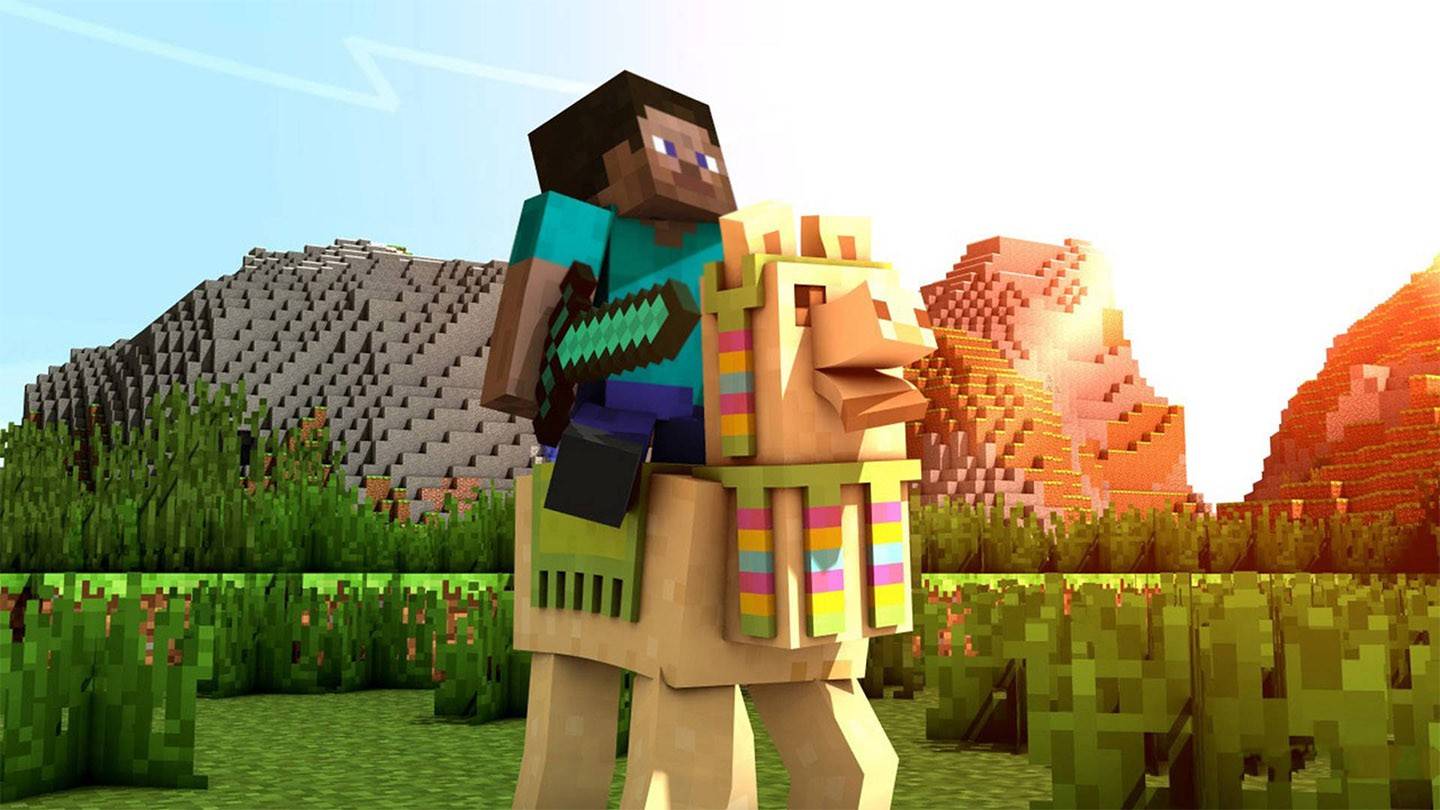The controversy surrounding DeepSeek AI and its alleged use of OpenAI's data has stirred significant unrest in the tech industry, particularly after Donald Trump labeled it a "wake-up call" for the U.S. This week, the emergence of DeepSeek triggered a massive sell-off in AI-related stocks, with Nvidia experiencing the largest single-day loss in Wall Street history, plummeting 16.86% and losing nearly $600 billion in market value. Other tech giants like Microsoft, Meta Platforms, and Google's parent company Alphabet also saw declines ranging from 2.1% to 4.2%, while Dell Technologies dropped 8.7%.
DeepSeek's R1 model claims to offer a cost-effective alternative to Western AI models, built on the open-source DeepSeek-V3. It reportedly requires significantly less computing power and was trained for an estimated $6 million, a fraction of the cost typically associated with such technologies. Despite some skepticism, DeepSeek's impact has raised questions about the massive investments by American tech companies in AI, leading to investor concerns and a surge in downloads, propelling DeepSeek to the top of the U.S. free app charts.
Bloomberg reports that OpenAI and Microsoft are investigating whether DeepSeek used OpenAI's API to integrate OpenAI's models into its own, a practice known as distillation, which violates OpenAI's terms of service. OpenAI has emphasized its efforts to protect its intellectual property, stating, "We know PRC (China) based companies — and others — are constantly trying to distill the models of leading U.S. AI companies." OpenAI also highlighted its collaboration with the U.S. government to safeguard its technology from adversaries and competitors.
David Sacks, President Trump's AI czar, expressed on Fox News that there is substantial evidence of DeepSeek distilling knowledge from OpenAI's models, predicting that U.S. AI companies would soon take steps to prevent such practices.

The debate over training AI models on copyrighted materials has intensified as generative AI technologies have grown. In December 2023, the New York Times sued OpenAI and Microsoft for the "unlawful use" of its work, to which OpenAI responded by asserting that such training falls under "fair use" and dismissing the lawsuit as baseless. This follows a September 2023 lawsuit by 17 authors, including George R. R. Martin, alleging "systematic theft on a mass scale." Additionally, in August 2023, District Judge Beryl Howell upheld a U.S. Copyright Office ruling that AI-generated art cannot be copyrighted, emphasizing the necessity of human creativity in copyright protection.









